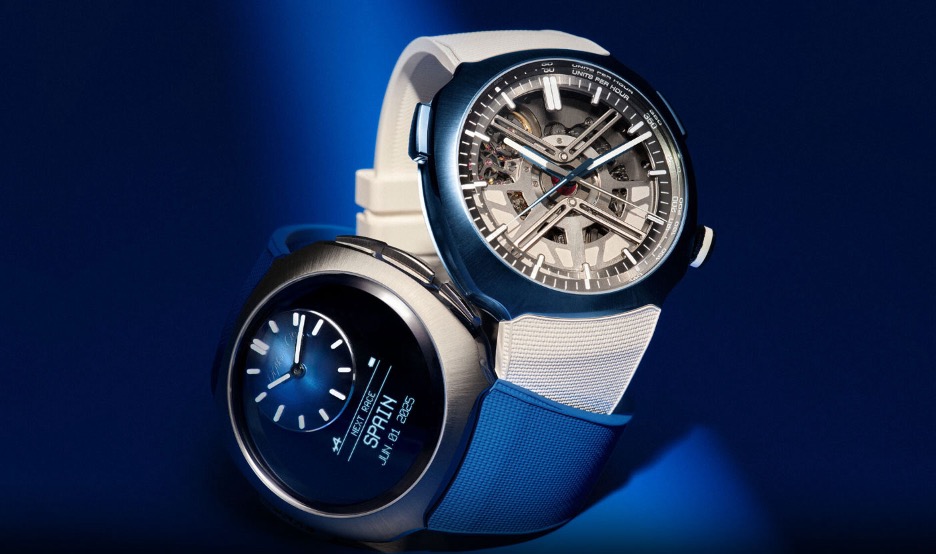
Elon Musk's Neuralink said it has received approval to launch a new feasibility study using its brain implant and an experimental robotic arm.
Neuralink is conducting its PRIME study, aimed at evaluating the safety of its wireless brain-computer interface and surgical robot. It is assessing the initial effect of the implant in patients with quadriplegia, a form of paralysis, to control external devices with their thoughts.
"This is an important first step towards restoring not only digital freedom, but also physical freedom. More info to come, but the CONVOY Study will enable cross-enrolling participants from the ongoing PRIME Study," Neuralink said in a post.
The PRIME study (Precise Robotically Implanted Brain-Computer Interface) involves the placement of a small, cosmetically invisible implant in the area of a person's brain that plans movements. The N1 implant is designed to interpret one's neural activity to assist them in operating a computer or smartphone by simply intending to move, reports MobiHealthNews.
The company is still looking for people to contribute to the ongoing medical device clinical trial, which aims to enable people with quadriplegia to utilize digital gadgets with their thoughts.
In February, 29-year-old quadriplegic Noland Arbaugh received the first implant of Neurolink's BCI device, which allowed him to play video games and chess hands-free.
Related Neuralink's "Blindsight" Gets FDA Nod to Restore Vision
Health Canada, the company's regulator, gave the company permission last week to begin a device trial in Canada. The firm and Canadian neurosurgeons have received regulatory approval to enlist six paralyzed individuals in the research.
Neuralink has already implanted the device in two people in the United States. The first patient has been able to use it to move a cursor on his laptop, play video games, access the internet, and post on social media.
The company said the second trial patient has been using the device to play video games and learn how to construct 3D items, and it is functioning effectively.


